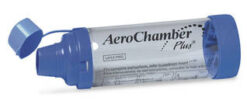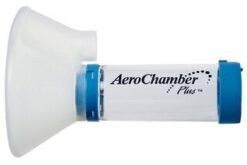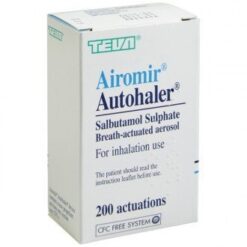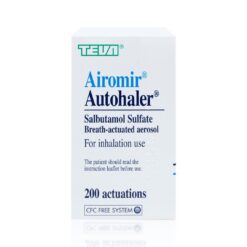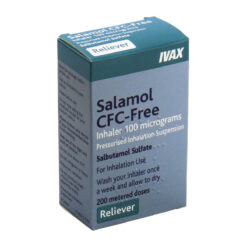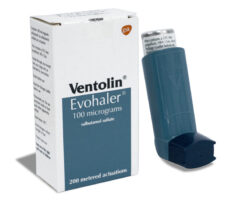What is Asthma?
Asthma is a condition that affects millions of people in the UK. It is when the airways in your lungs become inflamed and narrow and can produce a sticky phlegm. This can happen when you come into contact with specific triggers, leading to a reaction where breathing becomes difficult for you to breathe. This can result in coughing and wheezing, referred to as having an “asthma attack”. Asthma is a lifelong condition for most people. At the moment, there is no cure for asthma. However, there are many different asthma treatments to manage it.
Who does Asthma affect?
There are roughly 5.4 million sufferers in the UK. This is about 8% of adults and 9% of children. Asthma can run in families and is common in people who smoke or have a history of allergies.
How is Asthma diagnosed?
Asthma is diagnosed by looking at your symptoms, taking a family history and carrying out tests. There are three tests for asthma:
- FeNO test: Breathe into a machine that measures the level of nitric oxide in your breath – a sign of inflammation in your lungs
- Spirometry: Blow into a device that measures how fast you can breathe out and how much air capacity your lungs have
- Peak flow test: Blow into a machine that measures how fast you can breathe out and is done over several weeks
These can be done at your GP surgery. Asthma can be harder to diagnose in young children.
Asthma Symptoms
The most common symptoms of asthma are:
- Coughing
- Wheezing ( a whistling noise as you breathe)
- Breathlessness
- Tight feeling in the chest
These symptoms can be severe, leading to drowsiness, confusion, dizziness, and fainting.
Symptoms can be a response to specific asthma triggers, such as:
- Exercise
- Allergies (e.g. pet hair, seasonal allergies)
- Smoke and pollution
- Cold and flu infections
Asthma Treatments
There is no cure for asthma. However, we can control it. Much of this will depend on what symptoms you have. Most people with asthma will use some form of an asthma prescription inhaler.
There are three different types of inhalers:
- Reliever Inhaler – relieves your symptoms
- Preventer Inhaler – prevents your symptoms
- Combination Inhalers – stop symptoms before they happen and provide relief
Follow the tutorial below on how to use an inhaler.
Your GP or pharmacist can create an asthma plan unique to you. This plan aims to relieve symptoms and prevent future attacks and symptoms.
In addition, the Asthma Control Test™ can be used by you or your healthcare provider to check how well your symptoms are managed.
Some steps can be taken to help manage asthma that can work alongside asthma treatments. These include:
- Identifying possible triggers and trying to avoid or reduce them in everyday life
- Exercising regularly- this is recommended once you have asthma medication
- Following a healthy diet
- Stopping smoking
- Getting the flu vaccination


